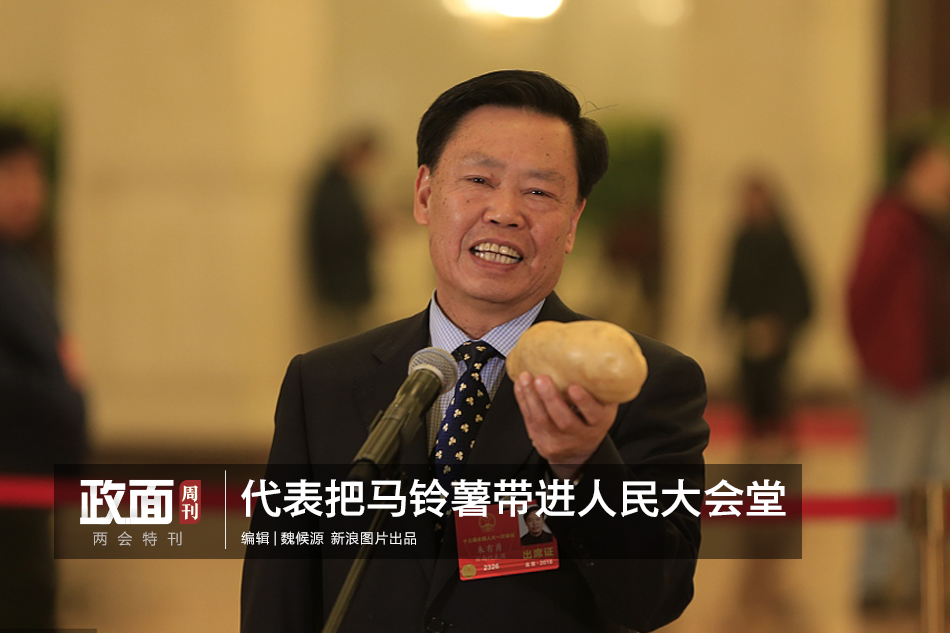
Short-term memory, long-term memory. Cognitive psychology regards memory as the process of coding, storing and extracting input information by the human brain. Memory is divided into three systems: instantaneous memory, short-term memory and long-term memory, which is based on the different ways of encoding, storing and extracting information, as well as the different length of information storage time.
What are the three memory systems: memory is also regarded as the process of the human brain encoding, storing and extracting input information, and according to the different ways of coding, storing and extracting information, as well as the different length of information storage time, memory is divided into instantaneous memory, short-term memory and long-term memory. A system.
What are the three memory systems? According to the different ways of encoding, storing and extracting information, and the different length of information storage time, memory is divided into three systems: instantaneous memory, short-term memory and long-term memory.
The three stages of memory are sensory memory, short-term memory and long-term memory. Sensory memory: Sensory memory refers to the information we receive through various sensory organs, such as vision, hearing, touch, taste and smell.
What are the three memory systems? According to the different ways of coding, storage and extraction of information, and the different length of information storage time, memory is divided into instantaneous memory, short-term memory and long-term memory. Remember the three systems.
The coding method of instantaneous memory, that is, the way instantaneous memory remembers information, is the image of external stimuli. Because the information of instantaneous memory is first registered in the sensory channel in the form of sensory images, instantaneous memory has a distinct image. The capacity of instantaneous memory is large, but the retention time is very short.
Perception is the cognitive process of giving meaning through information. ( 2) Working memory. It is the memory of processing and encoding information in the human brain within a minute. The holding time is about 5 seconds to 1 minute. Short-term memory also includes direct memory and working memory.

Weber's score), which is only applicable to medium-intensity stimuli, which is different from the Weber's score of sensory organs (2) Fechner's Law: 1860, using the differential threshold as the unit of sensation, a stimulus was measured. The difference threshold contained is believed to be the psychological intensity caused by this stimulus.
The concept of memory is the psychological process of accumulating, preserving and extracting individual experience in the mind.From storing into the brain to extracting and applying again, this complete process is collectively called memory.
Long-term memory refers to the memory maintained for more than a minute after external stimuli appear in a very short time. Features: The capacity of memory is unlimited, whether it is the type or quantity of information. Coding Semantic coding: Use words to process information and organize coding according to the meaning of the material.
Memory and memory process Definition: It is the reaction of past experience in the mind. Past experience refers to the perception of things, thinking about problems, the emotional experience caused by things, and the actions that have been carried out in the past. Function: It is the root of wisdom and the cornerstone of psychological development.
UEFA TV-APP, download it now, new users will receive a novice gift pack.
Short-term memory, long-term memory. Cognitive psychology regards memory as the process of coding, storing and extracting input information by the human brain. Memory is divided into three systems: instantaneous memory, short-term memory and long-term memory, which is based on the different ways of encoding, storing and extracting information, as well as the different length of information storage time.
What are the three memory systems: memory is also regarded as the process of the human brain encoding, storing and extracting input information, and according to the different ways of coding, storing and extracting information, as well as the different length of information storage time, memory is divided into instantaneous memory, short-term memory and long-term memory. A system.
What are the three memory systems? According to the different ways of encoding, storing and extracting information, and the different length of information storage time, memory is divided into three systems: instantaneous memory, short-term memory and long-term memory.
The three stages of memory are sensory memory, short-term memory and long-term memory. Sensory memory: Sensory memory refers to the information we receive through various sensory organs, such as vision, hearing, touch, taste and smell.
What are the three memory systems? According to the different ways of coding, storage and extraction of information, and the different length of information storage time, memory is divided into instantaneous memory, short-term memory and long-term memory. Remember the three systems.
The coding method of instantaneous memory, that is, the way instantaneous memory remembers information, is the image of external stimuli. Because the information of instantaneous memory is first registered in the sensory channel in the form of sensory images, instantaneous memory has a distinct image. The capacity of instantaneous memory is large, but the retention time is very short.
Perception is the cognitive process of giving meaning through information. ( 2) Working memory. It is the memory of processing and encoding information in the human brain within a minute. The holding time is about 5 seconds to 1 minute. Short-term memory also includes direct memory and working memory.

Weber's score), which is only applicable to medium-intensity stimuli, which is different from the Weber's score of sensory organs (2) Fechner's Law: 1860, using the differential threshold as the unit of sensation, a stimulus was measured. The difference threshold contained is believed to be the psychological intensity caused by this stimulus.
The concept of memory is the psychological process of accumulating, preserving and extracting individual experience in the mind.From storing into the brain to extracting and applying again, this complete process is collectively called memory.
Long-term memory refers to the memory maintained for more than a minute after external stimuli appear in a very short time. Features: The capacity of memory is unlimited, whether it is the type or quantity of information. Coding Semantic coding: Use words to process information and organize coding according to the meaning of the material.
Memory and memory process Definition: It is the reaction of past experience in the mind. Past experience refers to the perception of things, thinking about problems, the emotional experience caused by things, and the actions that have been carried out in the past. Function: It is the root of wisdom and the cornerstone of psychological development.
bingo plus update today Philippines
author: 2025-02-23 16:40 Arena plus APK
Arena plus APK
626.46MB
Check Walletinvestor digi plus
Walletinvestor digi plus
894.74MB
Check Free sports events uefa champions league app android
Free sports events uefa champions league app android
717.58MB
Check casino plus free 100
casino plus free 100
857.82MB
Check Casino Plus free 100
Casino Plus free 100
249.22MB
Check Hearthstone Arena win rate
Hearthstone Arena win rate
443.11MB
Check UEFA EURO
UEFA EURO
985.61MB
Check Casino Plus
Casino Plus
246.28MB
Check Arena plus APK
Arena plus APK
243.84MB
Check Arena Plus login
Arena Plus login
914.34MB
Check Casino Plus app
Casino Plus app
645.97MB
Check DigiPlus
DigiPlus
687.27MB
Check UEFA Champions League live
UEFA Champions League live
622.91MB
Check UEFA Champions League live
UEFA Champions League live
551.89MB
Check Walletinvestor digi plus
Walletinvestor digi plus
873.59MB
Check bingo plus update today
bingo plus update today
489.17MB
Check Europa League app
Europa League app
619.31MB
Check Europa League app
Europa League app
457.26MB
Check Europa League app
Europa League app
681.29MB
Check UEFA live free
UEFA live free
797.49MB
Check Bingo Plus
Bingo Plus
362.65MB
Check Hearthstone deck
Hearthstone deck
949.19MB
Check casino plus free 100
casino plus free 100
174.27MB
Check Europa League app
Europa League app
968.46MB
Check Hearthstone arena deck Builder
Hearthstone arena deck Builder
574.48MB
Check DigiPlus
DigiPlus
881.83MB
Check Europa League app
Europa League app
569.46MB
Check Hearthstone Arena Tier List
Hearthstone Arena Tier List
286.33MB
Check UEFA TV
UEFA TV
862.16MB
Check Hearthstone Arena win rate
Hearthstone Arena win rate
296.65MB
Check Hearthstone deck
Hearthstone deck
783.73MB
Check UEFA EURO
UEFA EURO
696.54MB
Check Casino Plus GCash login
Casino Plus GCash login
933.25MB
Check Hearthstone Wild Decks
Hearthstone Wild Decks
399.71MB
Check UEFA TV
UEFA TV
658.15MB
Check Arena Plus login
Arena Plus login
579.26MB
Check
Scan to install
UEFA TV to discover more
Netizen comments More
1752 UEFA Champions League standings
2025-02-23 17:31 recommend
2738 Casino Plus GCash login
2025-02-23 17:21 recommend
2211 UEFA Champions League live
2025-02-23 17:15 recommend
1482 Casino Plus free 100
2025-02-23 16:20 recommend
933 Hearthstone Arena win rate
2025-02-23 15:08 recommend